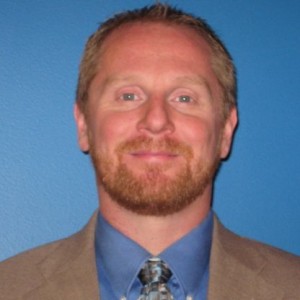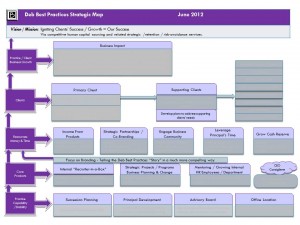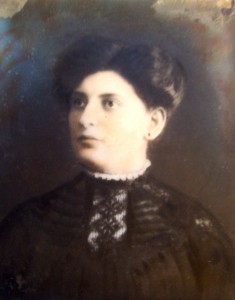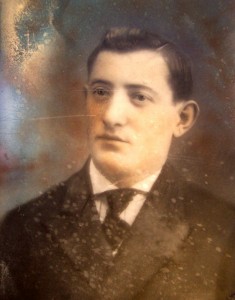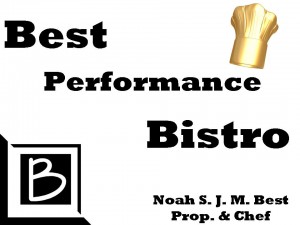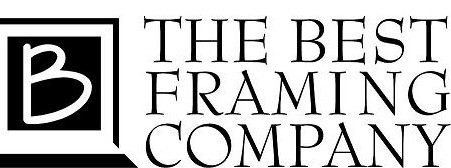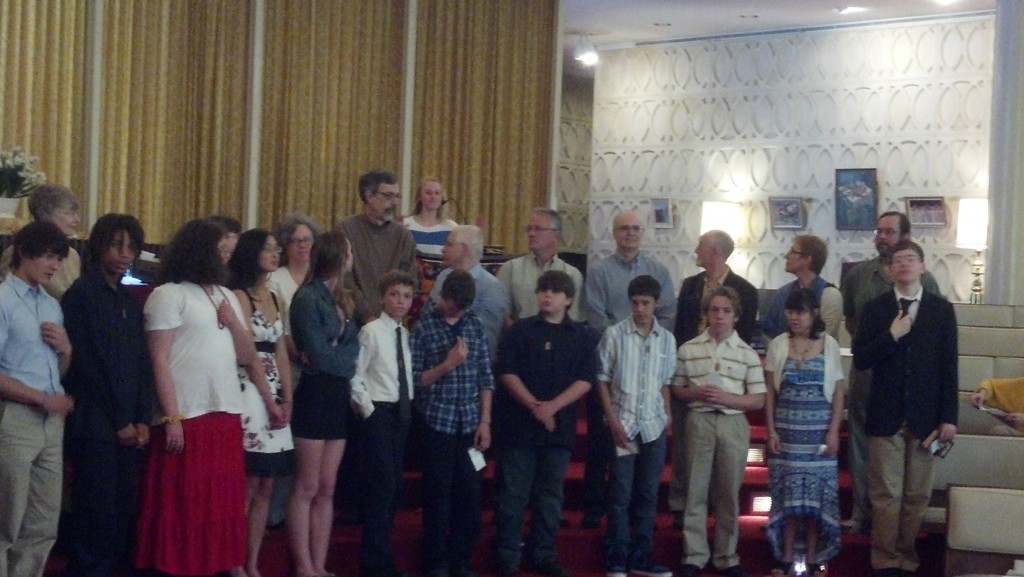Philosophically speaking, I'm a firm believer that successful onboarding engages the employee at the beginning of the recruitment process (e.g., placing the job posting), much in the same process and manner that a company engages, obtains and retains their customers.
As we shared best practices, the discussion turned to formal mentoring programs as an extension of onboarding / retention. Always the HR heretic, I laid the mentoring gauntlet down. "With all due respect to formal mentoring programs," I commented. "One of the gems that GE gave me is that every manager is at least a mentor, and at best a mentor and a sponsor. The best HR boss of my career to date, Bill, walked the talk of his belief that you mentor and sponsor the folks you work with to promote them to at least your level or above. Bill literally pushed me out of his organizational nest to take a promotional move at the corporate level -- even though I didn't want to leave Bill! He made such an impression on me, that 20 years later, I'm still talking and writing about Bill and the positive impact he made on me and my career path."
The magic of being mentored is when your mentor recognizes your gift and lifts it and you up, encouraging you to run with your gift(s) and build your career and/or life's vocation. Bill's wish was for me to run the Corporate Employee Communications function. However, Bill's real gift to me was not just recognizing my talents, but standing up for me and my talents. He not only pointed out the ruby slippers of my talents, he also stood up for my right to express my talents to support my success, and put his reputation on the line to recommend and push my promotion. The seeds Bill planted 20 years ago live and thrive with me today.
As an expression of my gratitude to Bill and other mentors like him who have graced my path, I mentor every moment. When I meet a talented professional, I acknowledge their talent and lift it up, planting those seeds of possibility that Bill planted so generously in my own career path. The continuity of planting those seeds - growing professionals, businesses, seasoned practitioners rather than apple trees - benefits us all.
And sometimes, the seeds that grow come back and let you know how they're doing. Stacey, a talented writer I met 20 years ago, sent me the sweet gift of this note today:Hi Deb -
You and I met through Loretta G. eons ago. You were very kind and mentored me back in the early 90's. I was a lost sheep, in a toxic job..... My life has transformed since then - in more ways than I thought possible.
I live in Albany and think of you sometimes whenever I pass your husband's plaza - he had a framing store, right? Looks like you are doing fantastically. Just wanted to say Thank You for taking the time all those years ago and doing a wonderful Mitzvah - you planted a seed and look how it boomed!
Best Wishes,
Stacey.
Happy sowing, my good and fellow mentors.

